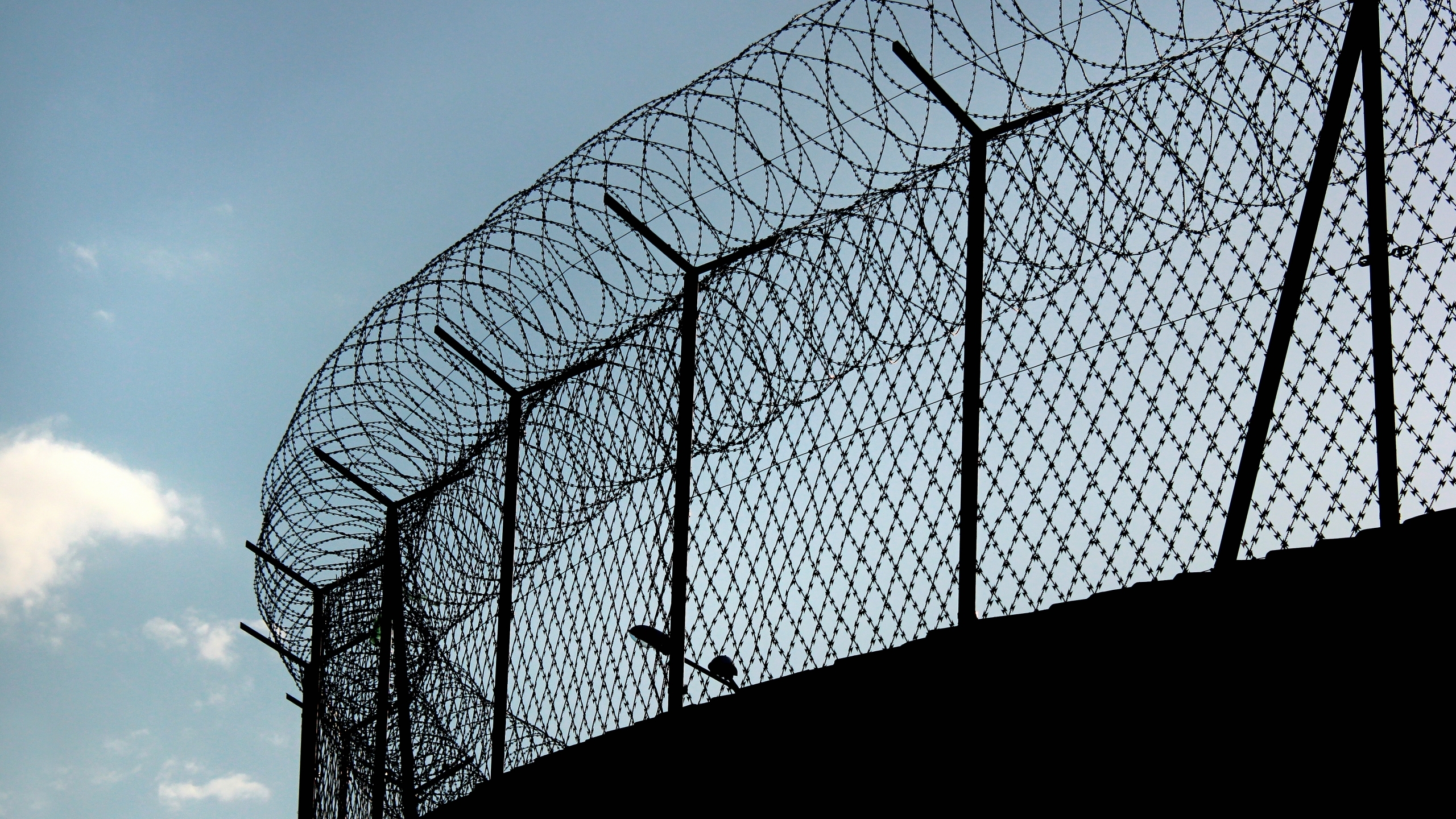Barclays Capital and another underwriter in a deal with a private prison company to build and lease two new prisons to Alabama have pulled out of the project after mounting criticism.
Bloomberg News first reported Monday that Barclays and KeyBanc Capital Markets both pulled out as underwriters on the estimated $3 billion prison plan.
A Barclays spokesperson in a statement to APR on Monday wrote that the company has informed CoreCivic that Barclays was pulling out.
“We have advised our client that we are no longer participating in the transaction intended to provide financing for correctional facilities in the State of Alabama. While our objective was to enable the State to improve its facilities, we recognize that this is a complex and important issue. In light of the feedback that we have heard, we will continue to review our policies,” the spokesperson wrote.
CoreCivic spokeswoman Amanda Gilchrist in a statement to APR on Monday said Alabama is facing a humanitarian crisis “and we’re proceeding with efforts to help deliver desperately needed, modern corrections infrastructure to replace dilapidated, aging facilities that originally were designed with one purpose in mind – to warehouse individuals, not rehabilitate returning citizens.”
“Our partners in Alabama appreciate the solutions we’re providing to help improve conditions for the incarcerated people in their care, and they appreciate those in the investor community who continue to support these critical infrastructure projects,” Gilchrist continued. “The reckless and irresponsible activists who claim to represent the interests of incarcerated people are in effect advocating for outdated facilities, less rehabilitation space and potentially dangerous conditions for correctional staff and inmates alike.”
Carla Crowder, executive director of Alabama Appleseed Center for Law and Justice, in a message to APR Monday said the decision by Barclays and Keybanc to pull away from this deal shows the strength of a broad group of Alabamians who want better for the state.
“Here in Alabama, we know – and others are listening – that now is not the time to invest in mass incarceration in Alabama. We’ve seen how that movie ends: With the most violent, deadly prisons in America. The choice is not between keeping overcrowded prisons and building enormous new ones owned by prison profiteers,” Crowder said. “The choice is between doing what we’ve always done and addressing Alabama’s historic overreliance on prisons and punishment with sensible reform and investments outside prison walls such as drug treatment, mental health care, workforce development and re-entry.”
“Alabama is too poor a state to dump $3 billion into buildings to warehouse thousands of Alabamians,” Crowder continued. “This is space only, no funding for rehabilitative and educational programs and services. To suggest expensive new buildings will solve the persistent human rights crisis that has defined the Alabama Department of Corrections for nearly a decade is disingenuous at best. We’re advocating for Alabama to not have a higher incarceration rate than nearly every other jurisdiction on the planet. And that means sentencing reform, parole reform, investments in people and communities, not cages.”
Barclays was underwriting CoreCivic’s push originally seeking a bond issue to raise $634 million for Government Real Estate Solutions of Alabama Holdings LLC, a CoreCivic-owned corporation. Last week, CoreCivic tweaked bond amounts in an effort to attract more investors but struggled to do so.
The news Monday comes after Barclays drew much criticism after making a statement in 2019 that the company would cut ties with businesses that detain immigrants and run for-profit prisons.
Numerous investors and activists signed a letter last week encouraging investors to steer clear of the deal.
“We strongly urge banks and investors to refuse to purchase securities that will be offered on April 15th whose purpose is to perpetuate mass incarceration,” the letter reads.
Last week, the American Sustainable Business Council and Social Venture Circle announced that Barclays’ membership in both groups had been revoked due to the prison project.
“We abhor the hypocrisy represented here and renounce the continued investment in the broken, unjust system of incarceration of this country. Thousands of businesses like mine and those represented by ASBC and SVC stand in opposition to Barclays or any other private sector company profiting from the injustice of the U.S. prison system,” said MaryAnne Howland, board chair of the American Sustainable Business Council, in a press release.
Monday’s news also comes after CoreCivic struggled last week to attract enough investors in the deal. A financial expert told APR that could mean the multi-million dollar project could ultimately have higher interest rates, which could end up costing the state more.
It was unclear how big an impact CoreCivic’s financing difficulties will have on the project, but in Alabama the stakes are high.
The U.S. Department of Justice in December filed a federal lawsuit against the state of Alabama and the Alabama Department of Corrections, alleging violations of inmates’ constitutional rights to protection from prisoner-on-prisoner violence, sexual abuse and excessive force by prison guards.
In previously released reports, the Justice Department detailed systemic problems of abuse from guards, corruption, rampant drug use, violence, overcrowding and understaffing in Alabama’s prisons. The DOJ in those reports states that while new prison facilities might help in some areas, new buildings won’t fully address the state’s widespread, deadly problems in its prisons.
Previous attempts by the state Legislature to pass legislation that would have allowed the state to borrow money to build its own prisons failed. Ivey’s plan, for CoreCivic to build then lease prisons back to the state circumvents the need for the state Legislature to approve the deal. The plan hasn’t been popular with may legislators, concerned over a lack of transparency and a price tag that continues to rise.
“You kind of want to reconsider where the plans are going if the costs are already moving in the wrong direction before a shovel hits the ground,” Rep. Chris England, D-Tuscaloosa, told APR last week.














































